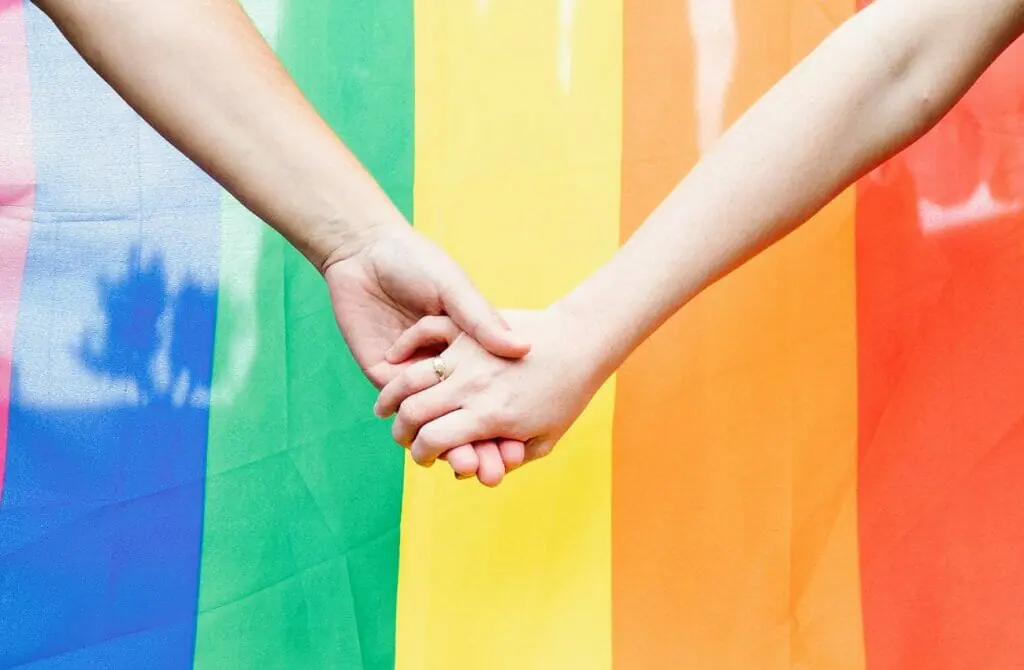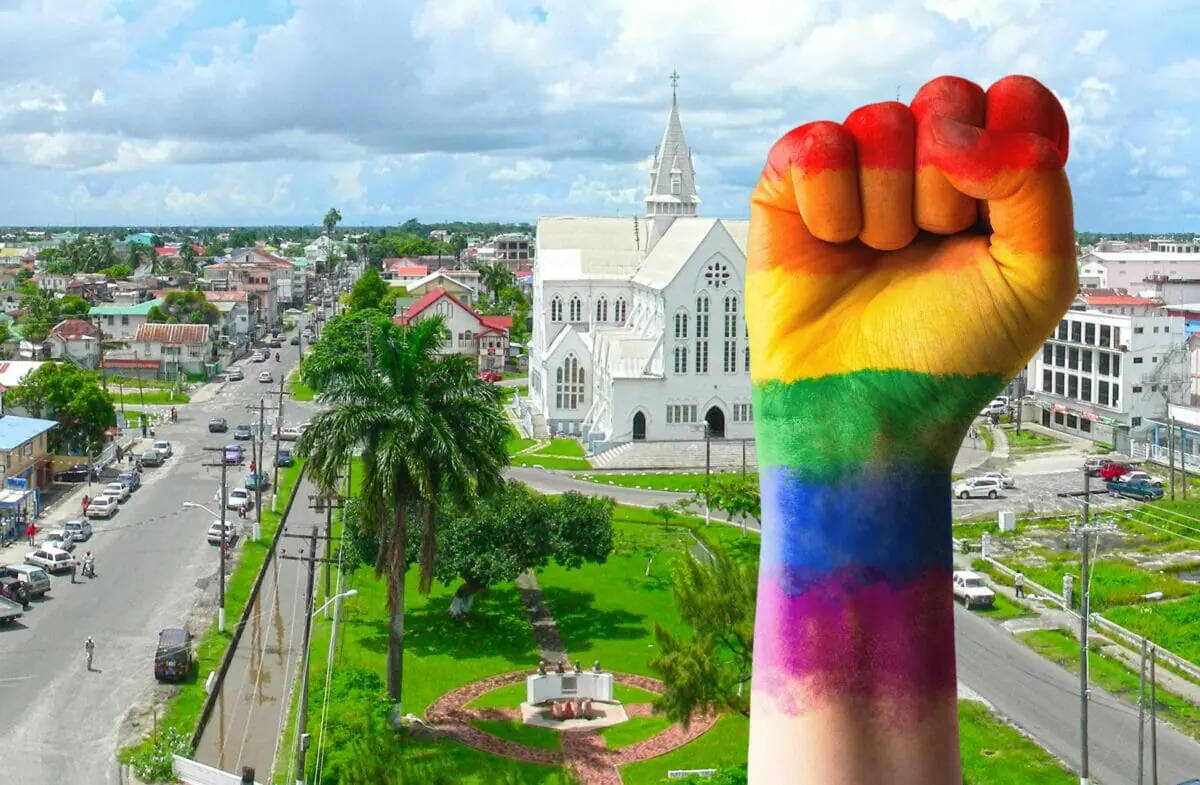Lesbian, gay, bisexual, and transgender (LGBT) individuals in Guyana face unique challenges not experienced by non-LGBT residents. As the only country in South America and the Caribbean coast of the Americas where homosexual acts, including anal and oral sex, are still illegal, the local LGBT community continues to grapple with discrimination and limited legal protections.
For travelers to the region, it is crucial to remain aware of the cultural context and legal constraints to ensure their safety and well-being.
In recent years, Guyana has seen some progress in advocating for the rights and protection of the LGBT community, largely driven by local and international organizations. However, many of the laws that criminalize LGBT persons remain in effect, with men facing particularly harsh penalties.
Tourists, while not typically subjected to the same level of scrutiny as locals, should still exercise caution and conduct themselves respectfully to avoid compromising situations.
Given the ever-evolving landscape of LGBT rights in Guyana, it is vital for prospective visitors to stay informed about the most current legal and social situation. Seeking advice before traveling and aligning with active LGBT advocacy groups can help mitigate risks and optimize safe and enjoyable experiences during their time in the country.
Remember that information can become outdated quickly, so regular updates on the local context are essential for both tourists and residents alike.


History Of LGBT Rights In Guyana
The history of LGBT rights in Guyana is rooted in the nation’s colonial past under the British Empire. During this time, the British colonial government imposed anti-homosexuality laws and regulations on the local population. These laws persisted even after Guyana gained independence in 1966. As of today, Guyana remains the only country in South America where homosexual acts are still criminalized.
The legal landscape for LGBT individuals in Guyana is complex. Section 353 of the Guyanese Criminal Law Act states that “Everyone who commits buggery…shall be guilty of a felony and liable to imprisonment for life.”
Additionally, Section 352 states that anyone attempting to commit buggery or assaulting someone with the intent to do so can face up to ten years in prison. These laws disproportionately target and penalize gay men, contributing to a climate of fear and discrimination.
LGBT activists and community members in Guyana have been fighting for their rights and working to repeal these colonial-era discriminatory laws. However, the struggle for LGBT rights has been met with opposition from conservative societies and political forces. The LGBT community in Guyana faces systemic violence, prejudice, and social exclusion, as well as limited access to public spaces and resources.
Nevertheless, there have been incremental advances in the recognition of LGBT rights in Guyana. In September, Guyana’s Constitutional Court upheld a law prohibiting cross-dressing but acknowledged its constitutionality. This decision sparked further discussions about LGBT rights and the decriminalization of homosexuality in the country.
Several LGBT advocacy groups, both local and international, are tirelessly working to raise awareness, provide support, and advocate for policy change to protect the rights of LGBT individuals in Guyana. Notably, the United Nations has expressed that LGBTIQ+ rights are human rights, giving hope for the continued advancement of tolerance and support in the region.
When discussing LGBT rights and their impact on locals and tourists alike, it is essential to always remain vigilant and seek current, reliable information before traveling. Be aware that situations may change rapidly, and some individuals may not respect the rights of LGBT persons. It is crucial to stay informed and seek guidance from LGBT advocacy groups and local communities to ensure personal safety and support.
By understanding the complex historical context of LGBT rights in Guyana and the contemporary challenges that remain, we can better support the ongoing fight for equality and work towards a brighter future for all members of the LGBT community in the country.
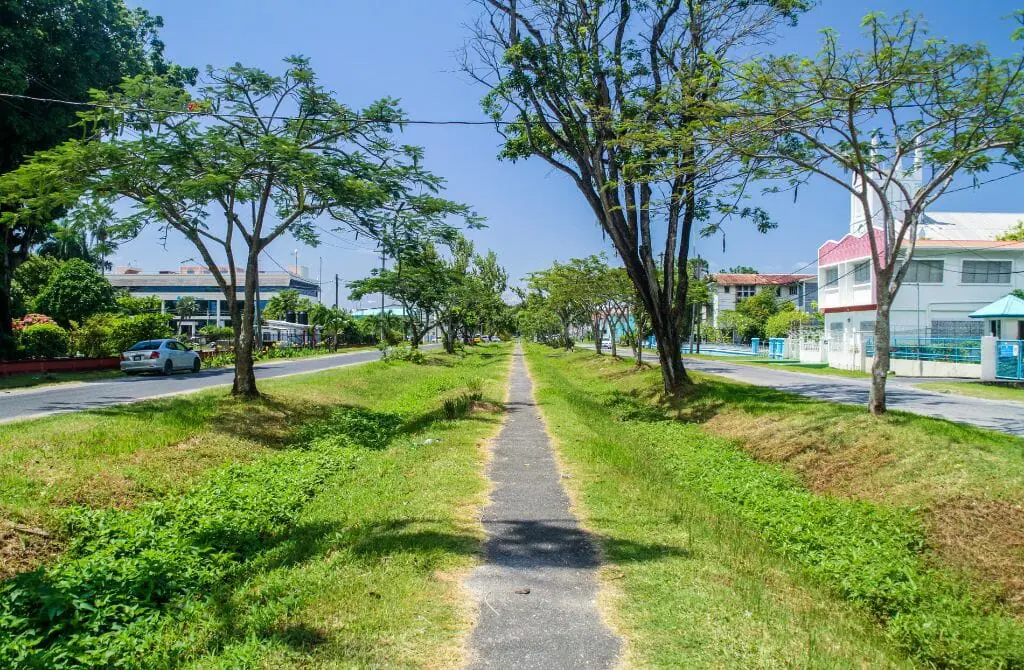
The LGBT Legal Situation In Guyana
Lesbian, gay, bisexual, and transgender (LGBT) people in Guyana face unique legal challenges that are not experienced by non-LGBT residents. As the only country in South America and the Americas on the Caribbean coast, homosexual acts, including anal and oral sex, remain illegal.
The Criminal Law (Offences) Act 1893 is the primary legislation concerning the criminalization of LGBT people in Guyana. This act criminalizes acts of ‘buggery’ and ‘gross indecency,’ which pertain to sexual activity between males. These provisions carry a maximum penalty of life imprisonment.
In November 2018, the Caribbean Court of Justice (CCJ) heard a case pertaining to LGBT rights in Guyana. This court of last resort made a significant legal milestone ruling on “cross-dressing” after an almost nine-year court battle.
While the CCJ is an important legal institution, its decisions do not necessarily pave the way for a broader decriminalization of homosexuality or any related legislation such as equal age of consent, changing legal gender, or same-sex marriage.
The Constitution of Guyana does offer some protections against discrimination, but it is unclear whether these provisions extend to cover sexual orientation or gender identity. Furthermore, a savings clause within the Constitution can make it difficult to challenge discriminatory laws that predate the Constitution.
It is essential for LGBT individuals and allies in Guyana to remain vigilant and up-to-date on the current legal situation. The situation can change rapidly, and not everyone may be aware of or adhere to the most recent legal decisions.
As such, it is recommended to seek advice from local advocacy groups and to familiarize oneself with the efforts of organizations such as the United Nations, which assert that LGBTIQ+ rights are human rights and protected by international law.
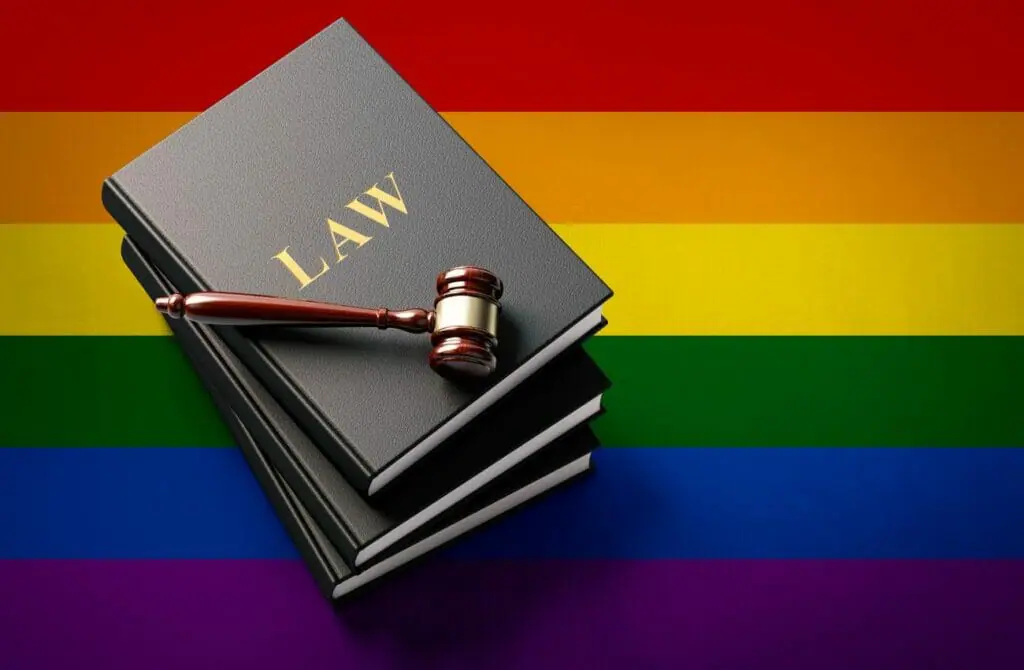

The LGBT Social Situation In Guyana
The social situation for the LGBT community in Guyana has been marked by discrimination, violence, and a lack of legal protection. In general, society holds conservative views on matters of sexual orientation and gender identity, with many people expressing homophobic sentiments.
This attitude has led to a significant amount of discrimination and violence against LGBT individuals in various aspects of life, including education, employment, and public perception.
Despite these challenges, there have been some positive steps taken in recent years to improve the situation for the LGBT community in Guyana. Local organizations, such as Guyana Trans United and the Society Against Sexual Orientation Discrimination (SASOD), have been actively working to increase visibility, promote equality, and protect the rights of LGBT individuals.
These efforts, along with international support from organizations like the United Nations, have helped to raise awareness about the need for non-discrimination policies and a better understanding of LGBT rights as fundamental human rights.
During the COVID-19 pandemic, the situation for the LGBT community in Guyana was further exacerbated, with some individuals losing their jobs or facing heightened discrimination due to societal stress. However, these challenging circumstances also highlighted the importance of solidarity and support networks within the community.
Public opinion regarding LGBT rights in Guyana is slowly shifting, with increasing levels of acceptance and understanding becoming more prevalent. Despite this progress, there is still a long way to go before full equality is achieved, and vigilance is needed to ensure that future gains are consolidated.
When visiting or living in Guyana, it is important to be mindful of the existing cultural attitudes and potential risks associated with being an LGBT individual. Always seek up-to-date information before traveling, as situations can change rapidly. Additionally, connecting with local LGBT support networks and advocacy groups can provide valuable guidance and advice during your stay.
In conclusion, the social situation for LGBT rights in Guyana remains challenging, with discrimination, violence, and a lack of legal protections still prevalent for many individuals. However, progress is being made, and it is important to highlight the vital work of local organizations and advocates in promoting change and a more inclusive society for all.
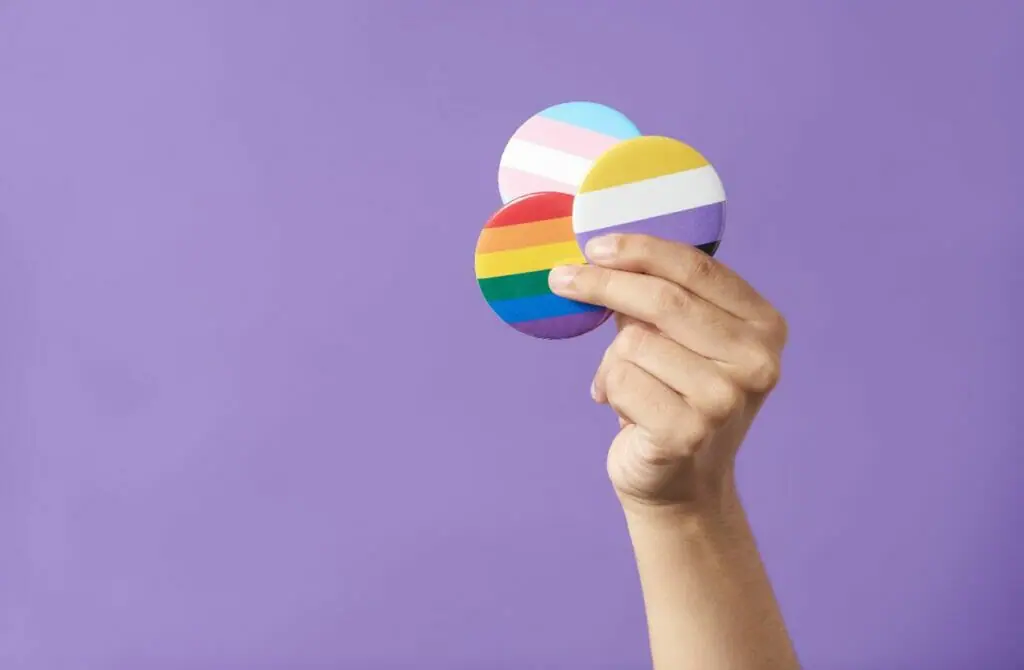
Trans Rights In Guyana
In Guyana, the transgender community faces challenges regarding their rights and protection under the law. Guyana Trans United, a local organization, has been actively advocating for the rights of transgender individuals in the country.
Transgender, non-binary, and gender non-conforming individuals in Guyana may face discrimination and limitations based on their gender identity. One issue that has drawn attention is the country’s cross-dressing laws.
Article 149(1) of the Guyana constitution prohibits discrimination based on sex and gender, and Article 154A directly incorporates seven international human rights conventions to which Guyana has acceded. However, these protections have not translated into adequate safeguards for transgender individuals against discriminatory legislation and practices.
While the rights of LGBTIQ+ persons, including transgender individuals, are protected by international law, the situation on the ground in Guyana can vary. Transgender and non-binary persons, both locals and tourists, should exercise caution and remain aware of the rapidly changing environment. It is important to seek the most up-to-date information and advice before undertaking any travel or activities in the region.
In addition to Guyana Trans United, there are other LGBT advocacy groups working to improve legal protections for transgender individuals. When navigating these issues, travelers should pay close attention to the recommendations of these organizations and be vigilant in order to protect their safety and well-being.
As the landscape for transgender rights in Guyana continues to evolve, it is important for individuals to stay informed and connected to relevant resources. While progress is made in the recognition of gender identity and enshrining legal protections, the transgender community in Guyana still has a long way to go in establishing full equality and acceptance.
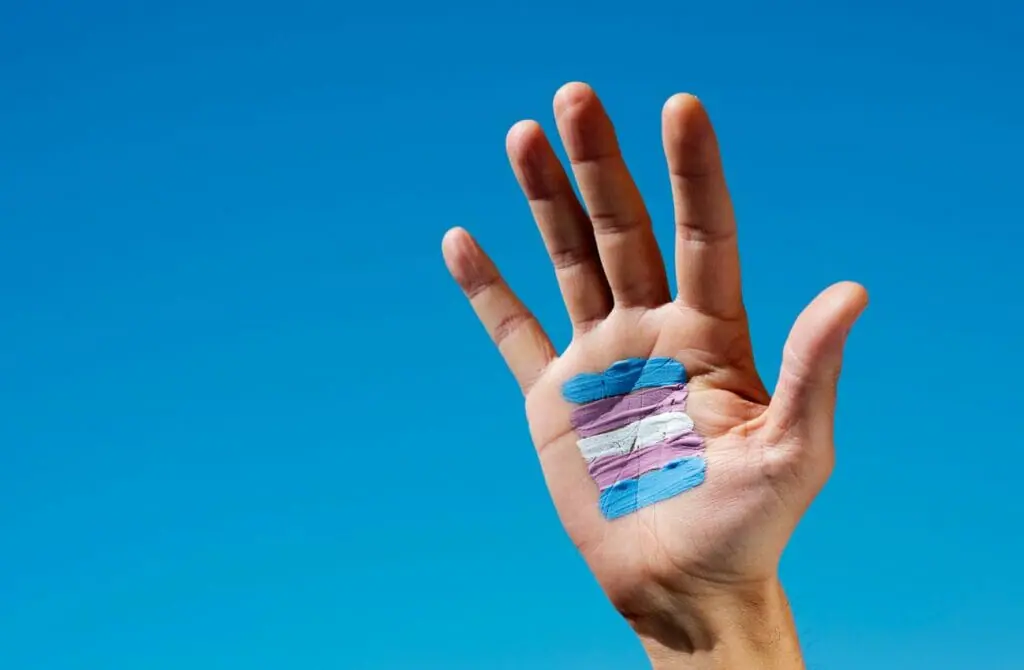

The Future For The Queer Community In Guyana
While the legal environment for LGBTIQ+ rights in Guyana has seen some progress in recent years, there is still much work to be done. The Caribbean Court of Justice’s ruling against the criminalization of “cross-dressing” in November 2018 marked a milestone for the community. Nevertheless, certain challenges, like the penal code’s Section 353, which states that anyone who commits buggery can face life imprisonment, still persist.
Significant steps have been taken by various organizations, activists, and advocacy groups to promote equal rights and protections for the LGBTIQ+ community in Guyana. Groups such as the United Nations, the Joint United Nations Programme on HIV/AIDS, the Guyana Trans United, and Empowering Queers Using Artistic Learning (EQUAL) work tirelessly to empower and support locals and educate the wider Guyanese population about LGBTIQ+ rights.
The government of Guyana has shown signs of moving toward a more inclusive approach, with key figures such as the Minister of Parliamentary Affairs and Governance expressing commitment to human rights and democracy. Possible steps toward a more equal society could include the legalization of same-sex relationships, addressing discriminatory laws and policies, and promoting tolerance and acceptance through education and community engagement.
For travelers, situations can change quickly, and it is essential to remain vigilant and well-informed. Obtaining accurate, up-to-date information before visiting Guyana is advised, as is taking necessary precautions to ensure personal safety—remember that the experiences of locals may differ significantly from those of tourists. Connecting with local LGBTIQ+ support groups and organizations can provide valuable resources and insights into Guyana’s evolving landscape.
In the future, the LGBTIQ+ community in Guyana may find further hope and encouragement through activities such as Pride parades and Pride Month celebrations, as well as by increasing the visibility of the rainbow flag as a symbol of solidarity.
Commitment to the cause and continued support from domestic and international advocacy groups will be crucial to advancing LGBTIQ+ rights in Guyana. Remember to consider the local context and keep safety in mind while advocating for change in the country.
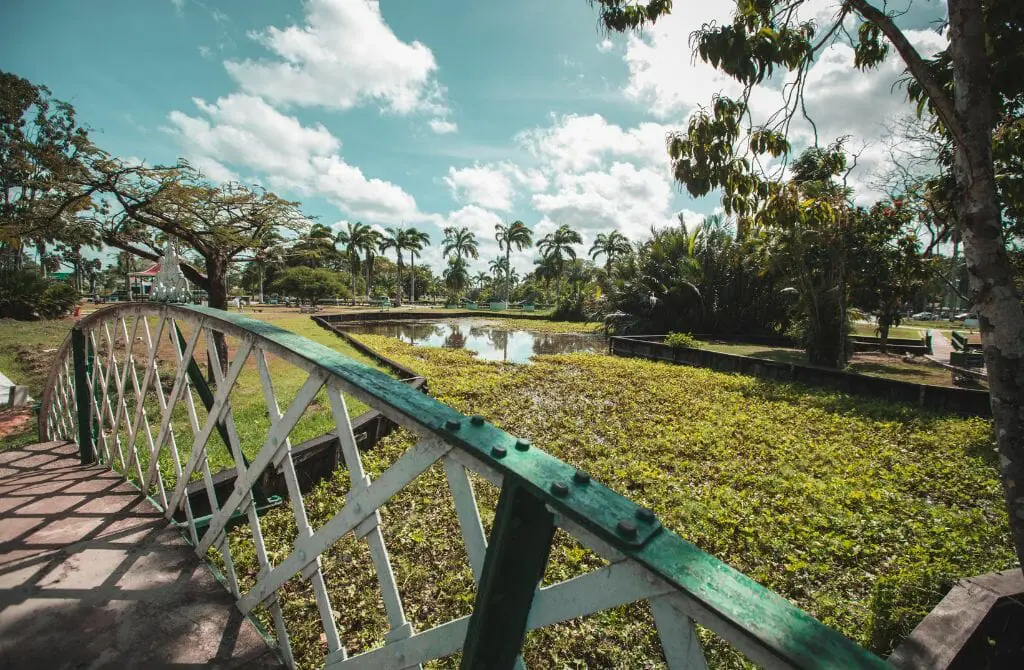
Protect Yourself While Travelling In Gay Guyana
In Guyana, it is important for both locals and tourists to be aware of the challenges faced by the LGBT community. Discrimination, equality, and violence are pressing issues that need to be addressed to ensure the protection and well-being of all individuals. To protect oneself from potential harm, it is crucial to be cautious, stay informed, and seek professional advice from relevant authorities and advocacy groups.
Remain Vigilant: Situations can change rapidly, and information may be out of date. It is essential to stay updated on the current state of LGBT rights in Guyana and consult reliable sources for the latest advice before traveling. Be cautious and remember that there are always bad actors in every country, so staying vigilant is key to personal safety.
Connect with Advocacy Groups: There are several LGBT activist organizations working in Guyana to ensure equal rights and protection for the community. These groups, such as the Society Against Sexual Orientation Discrimination (SASOD), can provide valuable resources and support in navigating the legal and social landscape.
Health and HIV Prevention: Access to healthcare for the LGBT community in Guyana may be limited, especially when it comes to HIV prevention and treatment. It is essential to take preventive measures and consult with local healthcare professionals or organizations specializing in HIV prevention to ensure adequate protection.
COVID-19 Precautions: As with any public health issue, it is vital to follow safety guidelines related to COVID-19. This may include wearing masks, social distancing, and adhering to local restrictions or guidelines.
By taking these steps, individuals can better protect themselves and contribute to the ongoing fight for human rights and equality for the LGBT community in Guyana. Always bear in mind that circumstances can change, and it is crucial to stay informed and adapt as needed.
